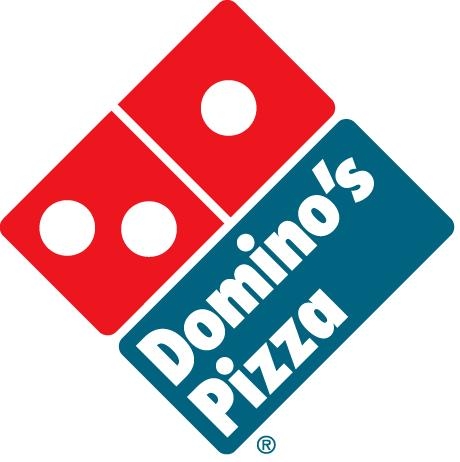
Recently we have been talking about services and how companies can face challenges when trying to advertise or market them. Services pose a problem to marketers because they are intangible. When thinking about this I really came to wonder if this was such a big issue for companies that strictly or primarily offer services. Most services are services that people need. For example the majority of people need haircuts and simply do not know how to or do not have the right equipment to cut hair. The same applies so a service like an oil change. Although these are something that is not necessarily tangible, and because of this they may be hard to market does this really pose such a problem?
I think because these items are services that people need the emphasis is not soley on marketing or advertising. Any good business should obviously use marketing skills for various reasons. Whether this is to draw in new customers, allow customers to know of new products, or simply to compete with the next business offering similar products. However, I think the mere fact that people cannot perform these actions themselves is a strong enough force to easy the burden of having to promote a certain service.
This applies to businesses like haircut salons, mechanical shops and things of that nature. However, or course this does not take into consideration all services. For example selling tickets to a sports game. This is something that requires a good amount of effort to assure, because what they offer is a service, that their product does not perish or become a complete loss.
Do you think that performing a service well is good enough promotion within itself? What recommendations would you give to a start-up business that offers only services?




